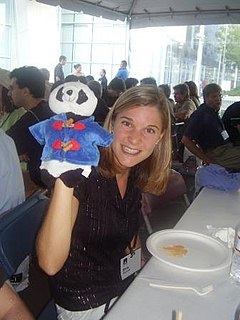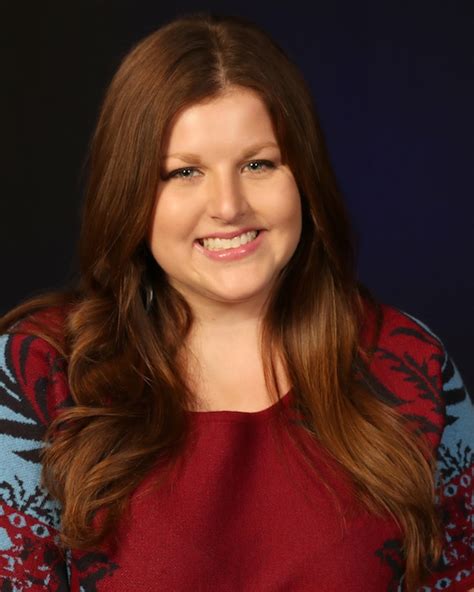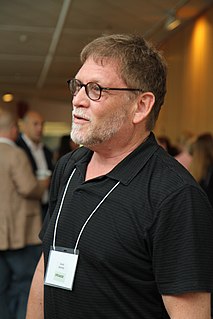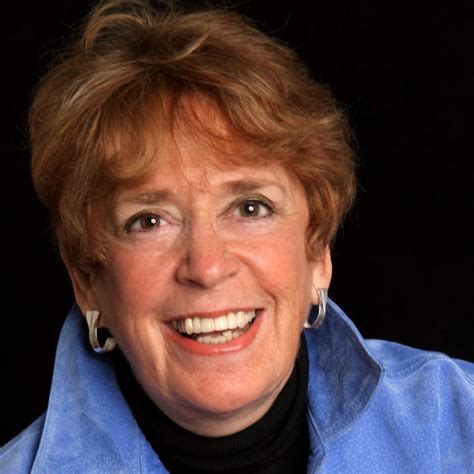A Quote by Stanislav Grof
I read Freud's Introductory Lectures in Psychoanalysis in basically one sitting. I decided to enroll in medical school. It was almost like a conversion experience.
Related Quotes
I consider it as a foreshadowing of modernity in many different respects, and the consistency of character is interesting to the emerging modern psychology. The emphasis on dream knowledge relates quite deeply to psychoanalysis, although I suppose psychoanalysis wouldn't like to say that... Freud was always saying he was a scientist.
A Dream of Undying Fame is a probing, elegant and balanced book. Louis Breger shows how Freud’s traumatic childhood shaped his ambitious, detached and authoritarian personality, and led to the betrayal of his mentor, Josef Breuer. Breger’s analysis exposes a fascinating paradox: Freud both invented psychoanalysis and impoverished its development. A must-read for everyone interested in how ideas can change the world.
I got into medical school at the University of California in San Francisco and did well. A lot of smart kids in medical school, and believe me, I wasn't not nearly the smartest one, but I was the most focused and the happiest kid in medical school. In 1979, I graduated as the valedictorian and was honored with the Gold Cane Award.
When cancer first came into my life, people all around me treated it as the enemy. I was told I had to join the medical team and we'd fight together to defeat it. This was the wrong thing to say to someone who was the last one to be picked for any team. I was much happier sitting on the sidelines and encouraging the other players. I was totally unskilled at defeating anything. So I secretly went my own way and decided that I was free to choose the meaning of the healing experience. I decided I would develop a friendly relationship with the cancer, which was something I was good at.






































